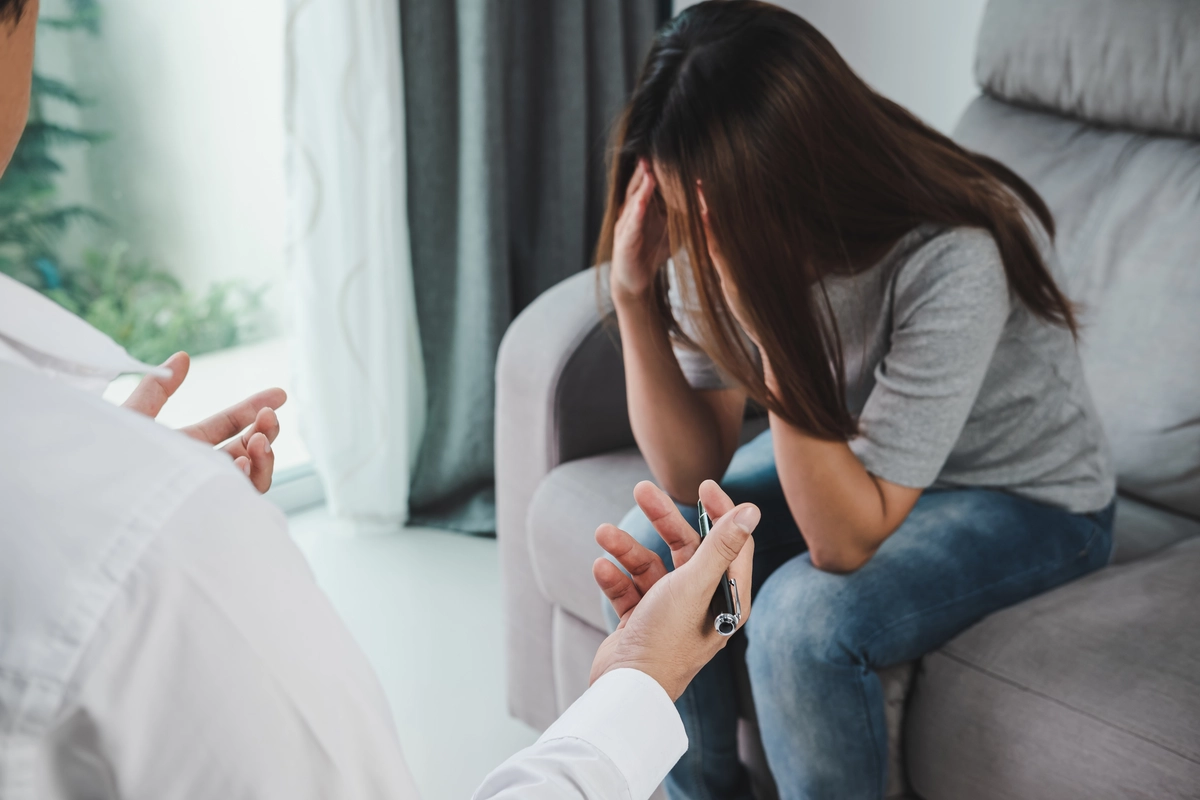24/7 Helpline:
(866) 899-221924/7 Helpline:
(866) 899-2219
Learn more about Bipolar Disorder Treatment centers in Early County

Other Insurance Options

WellPoint

Kaiser Permanente

United Health Care

Regence

Self-pay options

Oxford

Carleon

Coventry Health Care

AllWell

PHCS Network

BHS | Behavioral Health Systems

MHNNet Behavioral Health

Access to Recovery (ATR) Voucher

Providence

Health Choice

EmblemHealth

BlueCross

ComPsych

Aetna

Amerigroup















Early County Mental Health Center
Early County Mental Health Center is a public rehab located in Blakely, Georgia. Early County Mental...





























